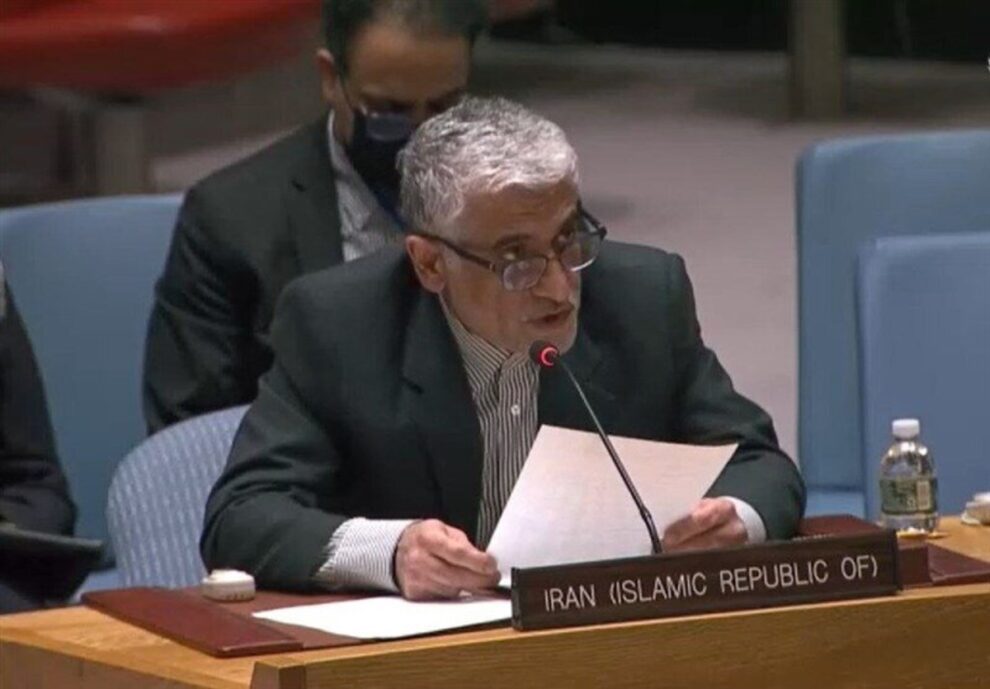Rosemary DiCarlo, the Director of UN Political Affairs, said the Security Council on Monday that Tehran’s nuclear program issues could continue to be resolved “as long as the Secretary-General believes that the JCPOA represents the best available option.”
In order for the agreement to continue, Guterres emphasized that the U.S. must also lift or waive its sanctions and prolong exemptions pertaining to the trading of oil with Iran.
DiCarlo said the adoption of the JCPOA “just over eight years ago was rightly and universally hailed as a historic breakthrough. Today, the hope the deal engendered has greatly diminished.”
She promised that the UN will “continue to urge the participants to exercise maximum restraint and to exhaust all available diplomatic avenues in order to restore the JCPOA. Indeed, the fate of the players is in their hands.”
Furthermore, DiCarlo stated that the deal’s success or failure, “especially at this extremely dangerous juncture in global peace and security, matters to all of us.”
She also pleaded with Iran to undo the actions it had done in reaction to the U.S. breaching the terms of the agreement.
Iran began to take “remedial measures,” or reducing its commitments under the JCPOA, in May 2019, a year after the U.S. unilaterally withdrew from it. This was in response to the European parties to the deal, France, Germany, and Britain, failing to uphold the terms of the deal by resisting the U.S.’s unilateral sanctions.
Tehran has begun to progressively eliminate a JCPOA-imposed limit on its nuclear operations at bimonthly intervals.
Iran also stated at the time that if the Iranian economy was safeguarded from sanctions, it would reverse its nuclear decision.
Vasily Nebenzya, the Russian Permanent Representative to the UN, countered claims made by the U.S. and its Western allies that Moscow and Tehran had sent military hardware to one another in defiance of UN Security Council Resolution 2231, which supported the JCPOA.
He was reacting to allegations—which both nations have vehemently refuted—that Iran had given Russia drones to use in the conflict in Ukraine.
“There were and could not be any deliveries in circumvention of the requirements of Security Council Resolution 2231. No credible evidence to the contrary was provided, nor was there any evidence that the debris presented by the Americans and the British was collected in Ukraine,” he said.
The U.S. National Security Advisor, Jake Sullivan, first made the allegations in July 2022.
He claimed that Washington had received “information” suggesting that the Islamic Republic was getting ready to give Russia “up to several hundred drones, including weapons-capable UAVs on an expedited timeline to use in the conflict.”
Nebenzya further stated that Iran’s return to compliance with the JCPOA conditions on its nuclear program is only conceivable if Western nations take the necessary actions.
“We must not forget that Iran’s return to carrying out its suspended voluntary responsibilities to limit its nuclear energy program will need coordinated moves by the Western parties in the deal and the United States, whose activities have contributed to the current predicament,” Nebenzya said in a statement.
He reiterated that Russia sees no alternative to the JCPOA and that resuming the agreement is critical for world security.
Source: Tehran Times





